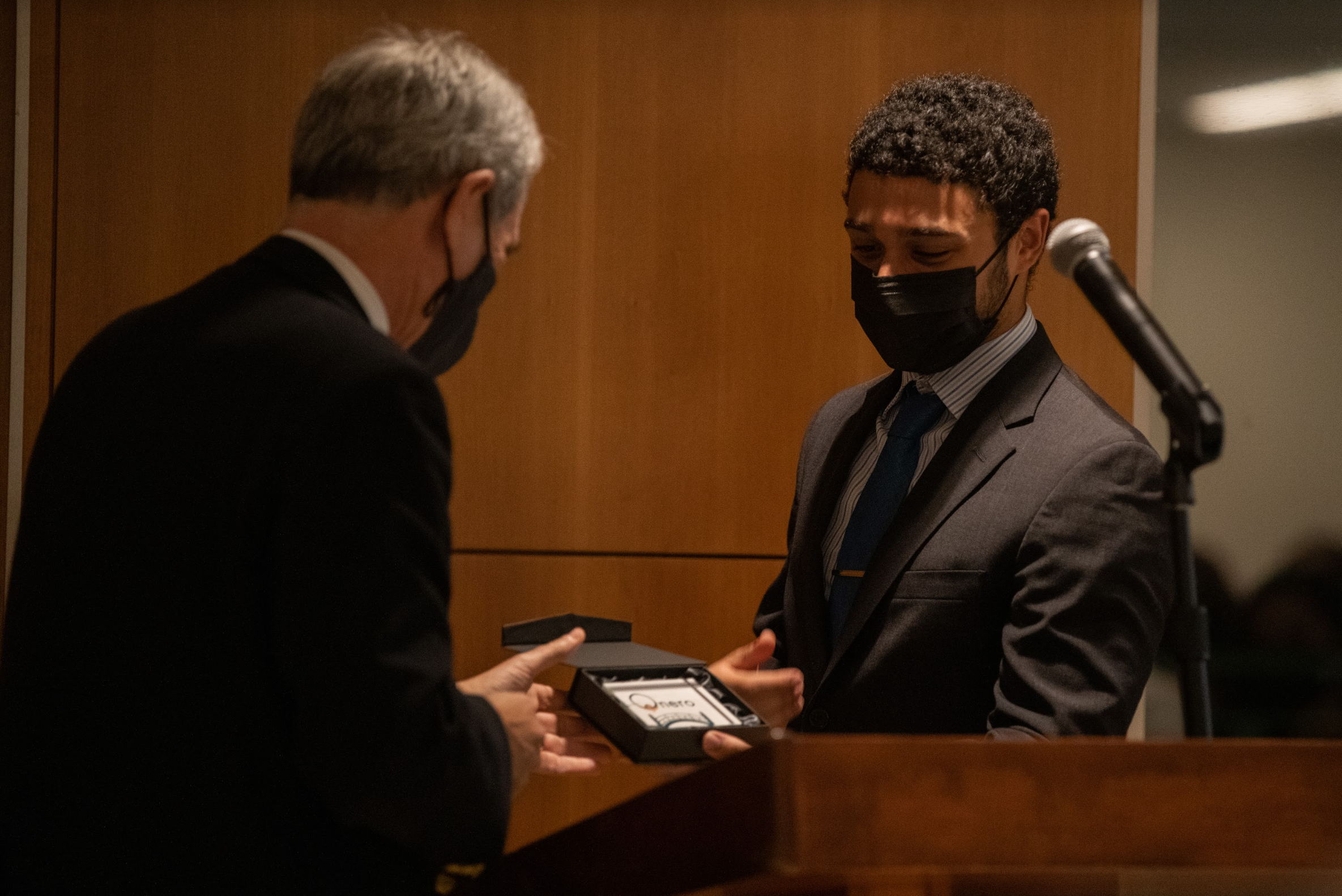
Research
Date Published
- April 2025
- March 2025
- February 2025
- January 2025
- December 2024
- November 2024
- October 2024
- September 2024
- August 2024
- July 2024
- June 2024
- March 2024
- February 2024
- October 2023
- March 2023
- February 2023
- January 2023
- November 2022
- October 2022
- January 2022
- November 2021
- October 2021
- August 2021
- July 2021
- March 2021
- September 2020
- August 2020
- July 2020
- February 2020
Filters to only view publications from a particular program:
Contrasting Chinese and Korean Reactions to Japan’s Fukushima Wastewater Plans
After the devastating 2011 Tōhoku earthquake and tsunami, Japan’s Fukushima nuclear power plant was all but destroyed, leading to a desperate effort to prevent a full blown nuclear disaster. The Japanese government has been pumping water into the power plant in order to cool the radioactive debris and prevent further nuclear meltdown. This solution has in itself generated more problems. What is to be done with the radioactive wastewater? The Japanese government has ultimately decided to dilute the amount of tritium, the element that irradiates this water, to an acceptable level and release the diluted but still radioactive water into the ocean over the course of the next 30 years.
Promoting Reconciliation Between Japan & South Korea to Foster Strategic Cohesion
The United States (U.S.) faces many challenges in the Indo-Pacific, headlined by an evolving geopolitical rivalry with China stemming from notable economic, security, and human rights concerns. Yet despite perhaps the most significant strategic rebalancing since the Cold War, the U.S. remains unprepared to adequately confront this challenge as regional allies lack adequate strategic unity. Most concerning is the breakdown in trust and cooperation between Japan and South Korea, the third- and tenth-largest economies respectively, who together house tens of thousands of U.S. service personnel. Despite robust bilateral ties with the United States and mutual concern on key issues including China’s rise and North Korea’s nuclearization, a failure to sufficiently reconcile imperial Japan’s past atrocities has continued to mar relations. Thus, the Biden Administration should prioritize a just and comprehensive resolution that brings closure for the victims’ families and promotes deeper trilateral strategic cohesion between the United States, Japan, and South Korea. This opinion essay will first explore Japan and South Korea’s ongoing dispute before proposing a path towards reconciliation. This piece is meant to serve not as a detailed strategy paper but as a call to American policymakers to take action.
Fear and the Fifth Column: Political Violence in the Two Koreas
The clash of Communism and Capitalism was the theme of the Cold War era, during which brutal civil wars between the two ideologies arose on all major continents, many of which are often accompanied by mass atrocities. Through analyzing the geopolitical implications of the partitioning of Korea, this article examines how a political border drawn by the United States and the Soviet Union resulted in mass killings by both governments on the Korean Peninsula.





